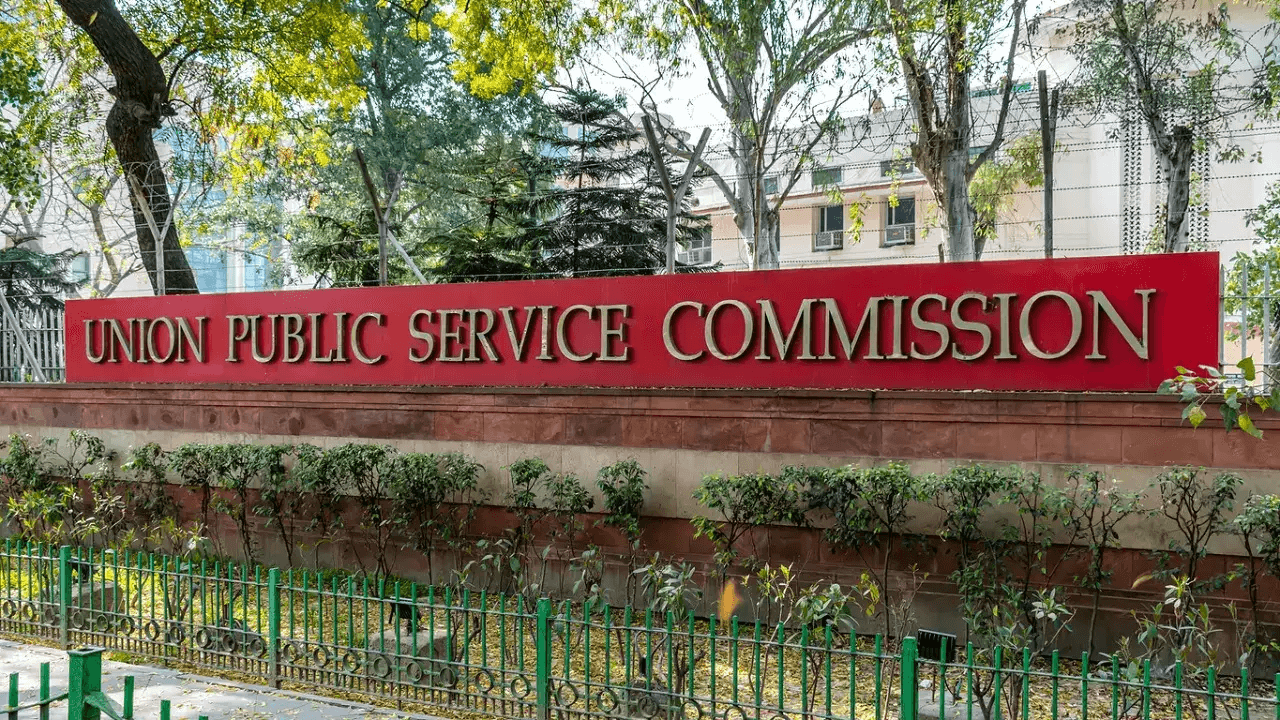Today, Manoj Soni, an educationist, took the oath as the chairman of the Union Public Service Commission (UPSC). He has been serving as a member of the Commission since June 28, 2017, and has been fulfilling the responsibilities of the UPSC chairman since April 5, 2022. The oath of office and secrecy as the chairman of UPSC was administered to Soni on Tuesday by Smita Nagaraj, the senior-most member of the Commission. This appointment signifies an important role in overseeing the selection process for various prestigious civil services examinations in India. Soni’s experience and expertise in the field of education will contribute to the fair and transparent conduct of these examinations.
About Manoj Soni
- Prior to his appointment in the UPSC, Soni served as Vice-Chancellor for three terms.
- He served two consecutive terms as VC of Dr. Babasaheb Ambedkar Open University (BAOU), Gujarat, from August 1, 2009, to July 31, 2015.
- He also served as VC of The Maharaja Sayajirao University of Baroda (The MSU of Baroda) from April 2005 to April 2008.
- Soni is a scholar of political science with a specialization in international relations studies.
- He taught international relations at Sardar Patel University (SPU), Vallabh Vidyanagar from 1991 to 2016, except for his tenure as Vice-Chancellor.
- Soni received the honorary title of “Honorary Mayor-President of the City of Baton Rouge” in 2013 for his leadership in empowering disadvantaged sections of society with IT literacy.
- He was honored with the World Education Congress Global Award for Distance Learning Leadership by the Chartered Institute of Management Accountants, London, UK, in 2015.
- Soni has served on the Boards of Governors of several higher education and public administration institutions.
- He was a member of a quasi-judicial body constituted by an Act of the Gujarat Legislature that regulates the fee structure of unaided professional institutions in Gujarat.
About Union Public Service Commission
The Union Public Service Commission (UPSC) is a constitutional body in India responsible for conducting various examinations and selecting candidates for recruitment to government services. Here is some information about UPSC:
- Establishment: The Union Public Service Commission (UPSC) was established on 1st October 1926. It was established under the provisions of the Government of India Act, 1919, which was later modified by the Government of India Act, 1935. The UPSC was formed with the aim of conducting examinations for the recruitment of civil servants and ensuring fair and merit-based selections for various government services.
- Purpose: The primary role of the UPSC is to conduct examinations for appointments to the All India Services and central civil services, including the Indian Administrative Service (IAS), Indian Police Service (IPS), Indian Foreign Service (IFS), and other Group A and Group B services.
- Constitutional Provisions: The UPSC is a statutory body established under Article 315 of the Constitution of India. It is an independent organization that functions under the guidance and control of the Union Government.
- Examination Conduct: UPSC conducts several competitive examinations, including the Civil Services Examination (preliminary and main), Engineering Services Examination, Combined Defense Services Examination, National Defense Academy Examination, Naval Academy Examination, and others.
- Recruitment Process: The recruitment process conducted by UPSC includes multiple stages, such as a preliminary examination, main examination, and interview/personality test. Candidates who qualify for these stages are recommended for appointments to various government services based on their merit.
- Selection Criteria: The selection process conducted by UPSC focuses on evaluating the intellectual abilities, general awareness, aptitude, and personality traits of candidates to assess their suitability for different government positions.
- Independence and Impartiality: UPSC is known for its impartiality, transparency, and credibility in the recruitment process, ensuring fair opportunities for all candidates. It operates independently to maintain the integrity and efficiency of the civil services.
- Advisory Role: Besides conducting examinations, UPSC also provides advice to the government on matters related to the recruitment, appointment, and disciplinary actions of civil servants.
- Headquarters: The UPSC’s headquarters is located in New Delhi, and it has a well-defined organizational structure comprising a Chairman, Members, and supporting staff.
- Prestigious Civil Services: The civil services selected through UPSC examinations are highly regarded and offer challenging career opportunities to serve the nation in various administrative, police, diplomatic, and other key positions.
- Public Service Values: UPSC emphasizes selecting candidates who possess leadership qualities, ethical values, and a commitment to public service, aiming to build a capable and responsible bureaucracy.
- 3 August Current Affairs 2023 in English
- MoU Between Subroto Mukerjee Sports and Education Society and All India Football Federation (AIFF) to Promote Football at Grassroot Level
- Dr. Mansukh Mandaviya Delivers Keynote Address at the 13th Indian Organ Donation Day ceremony
- Education Ministry Forms Expert Panel on Anti-Discrimination in Higher Education
- Concerns Arise Over Cheetah Deaths at Kuno National Park
